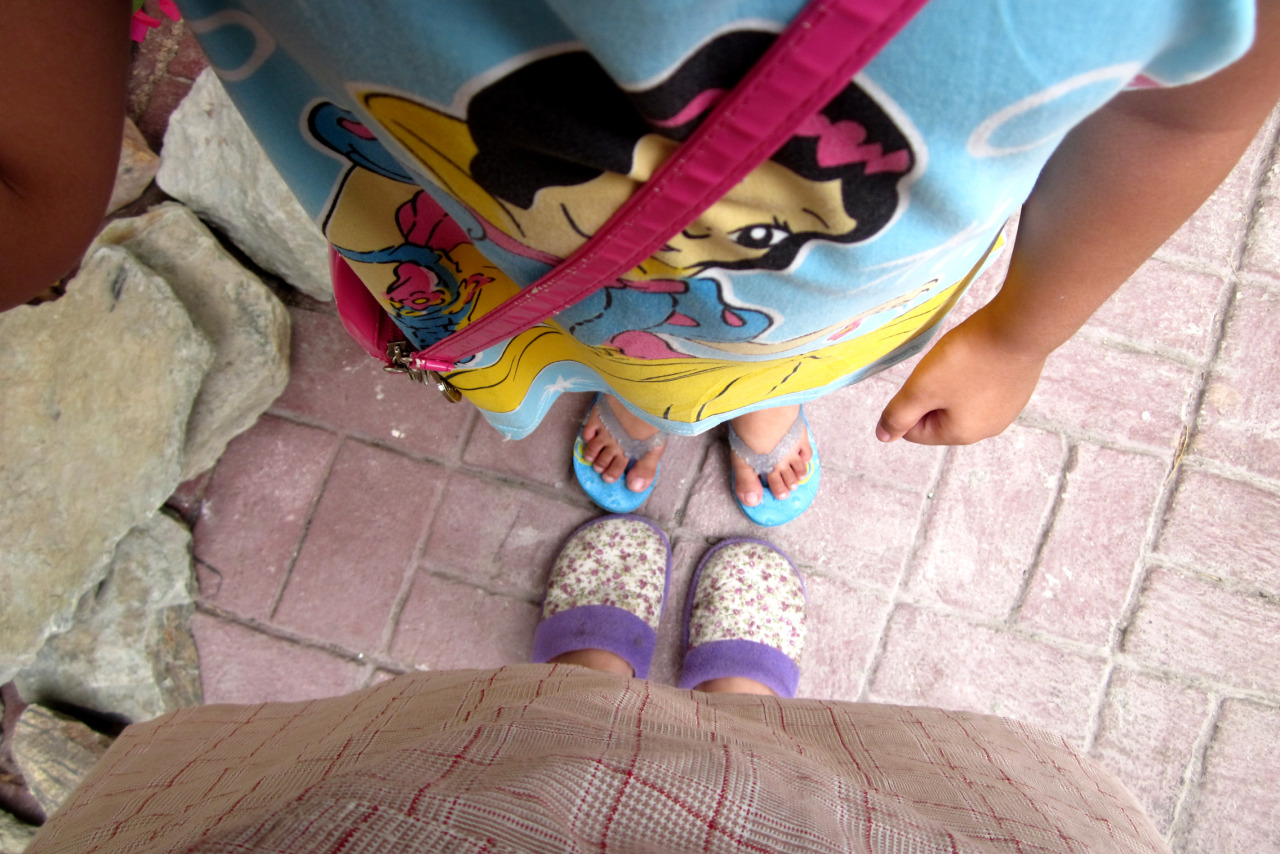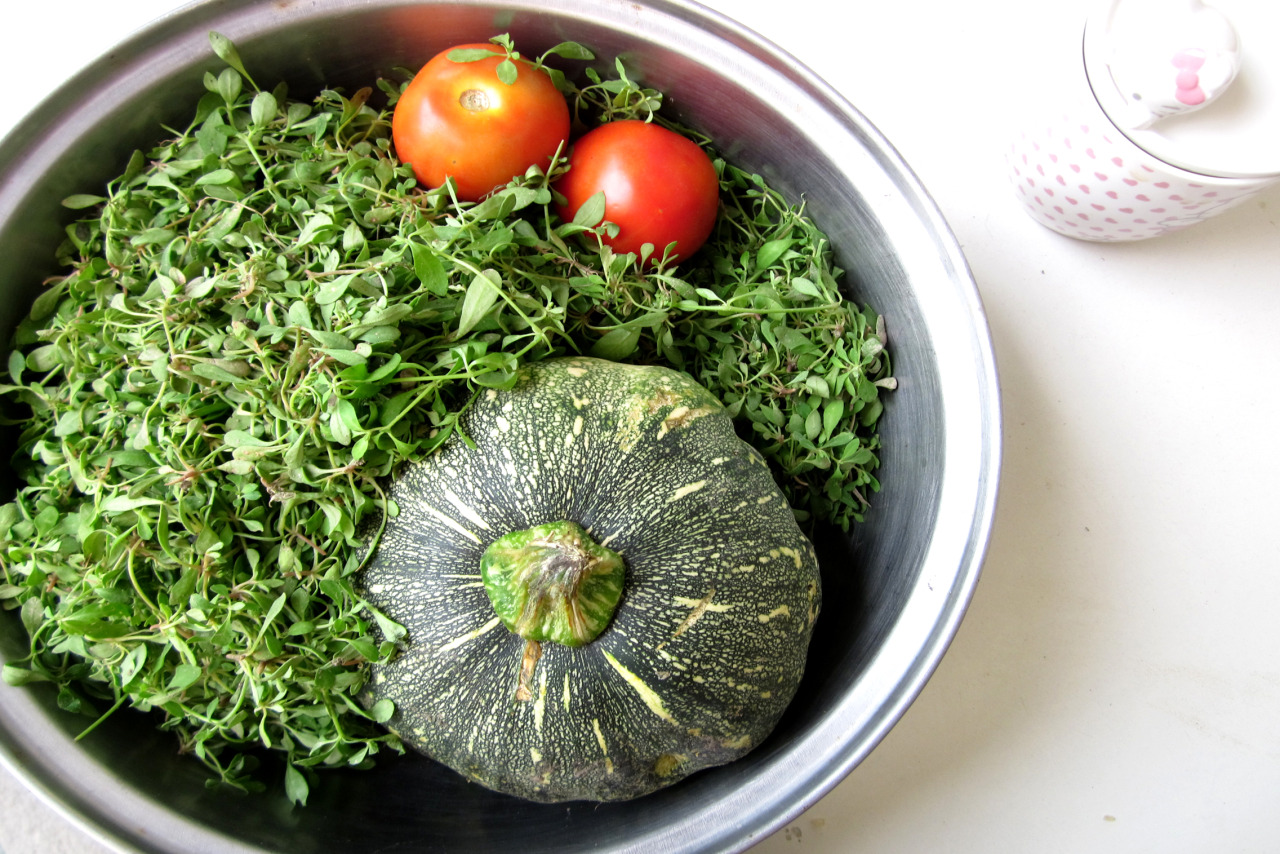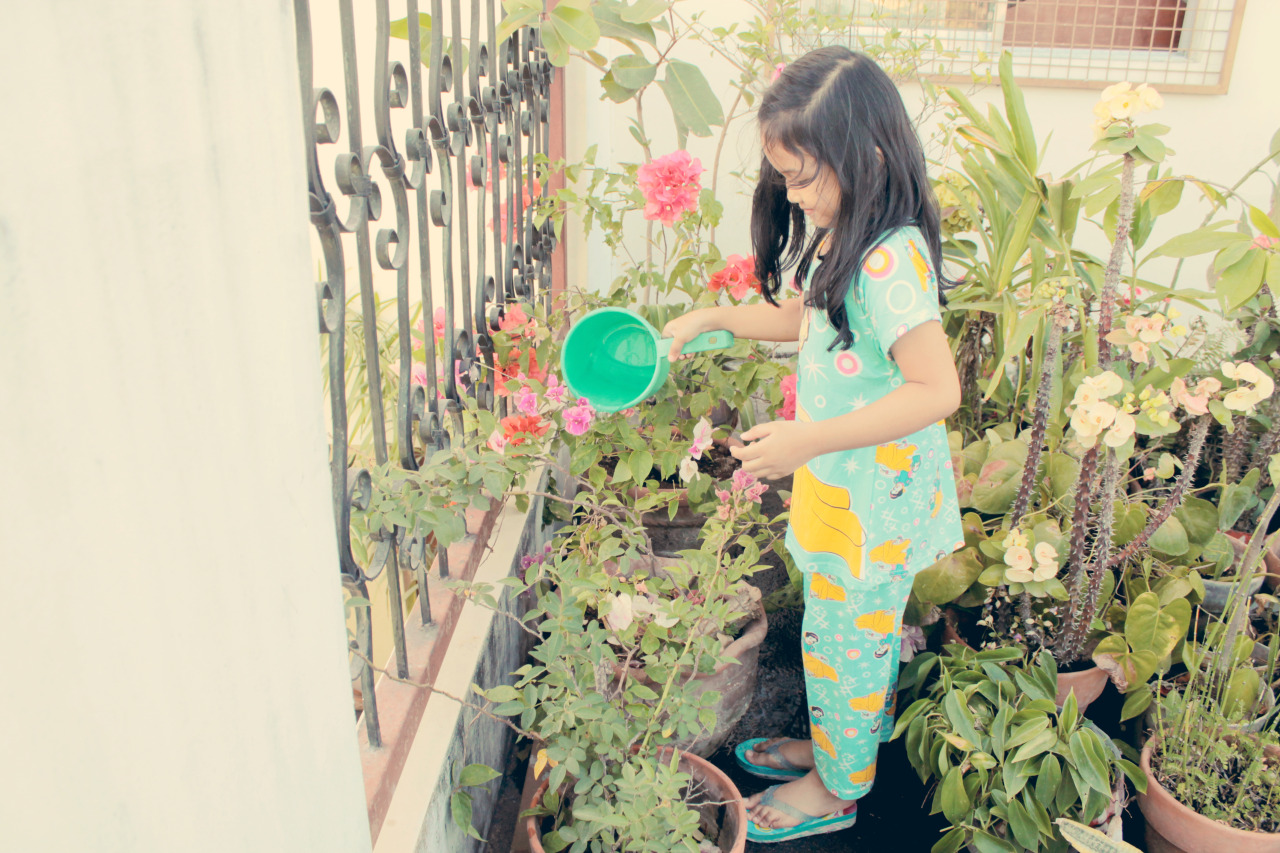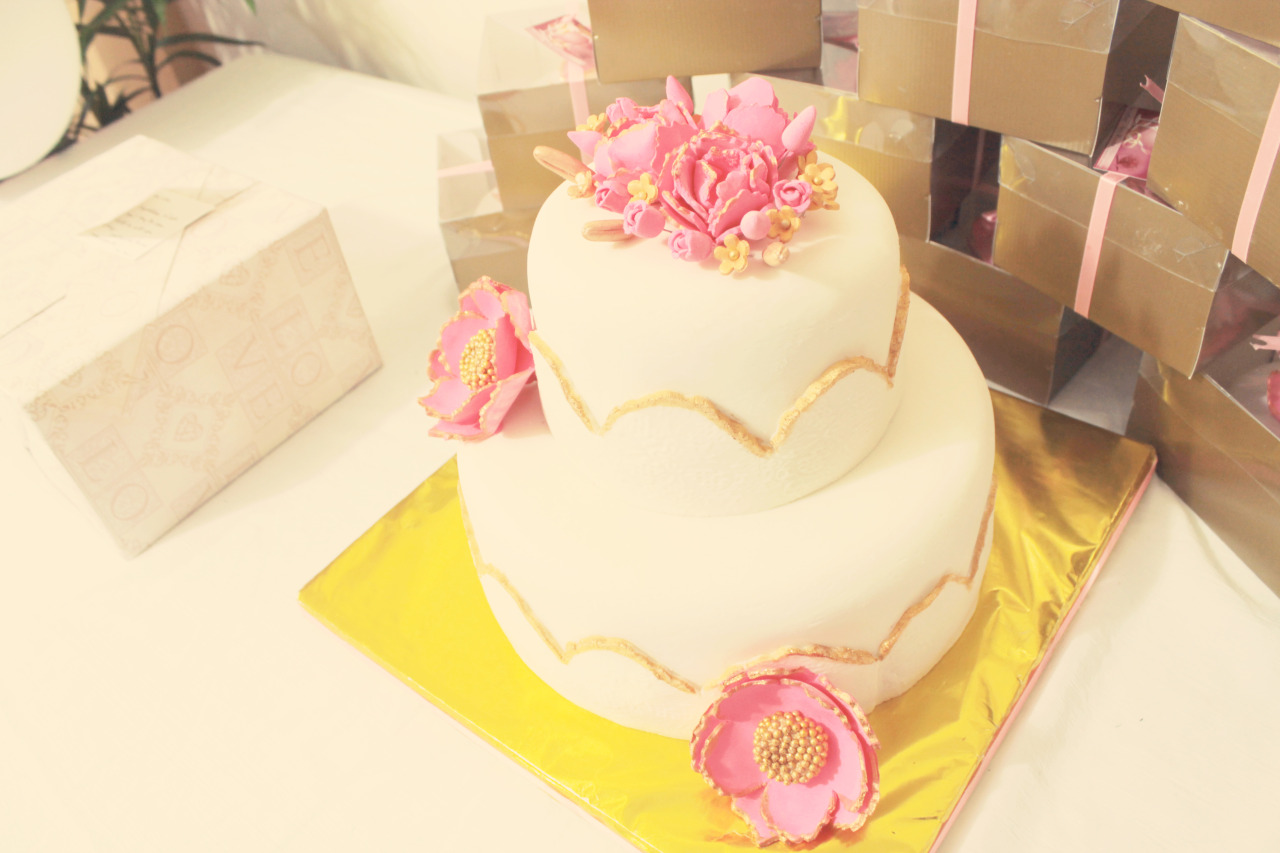Perception (pǝr sepʹshǝn) n.
1.
that which is perceived.
2.
result or product of perceiving.
3.
awareness, insight, or information gained by perceiving.
4.
faculty of perceiving.
[Latin perceptiō collecting,
comprehending.]
Perceive (pǝr sēvʹ) -ceived, -ceiving. v.t.
1.
to become aware of through the senses; see, hear, taste, smell, or feel.
2.
to take in or grasp mentally; comprehend.
[Old French percevoir, from
Latin percipere to take possession of, observe.]
- Colliers Dictionary, Vol. 2
Perception. What is it exactly? And
what role does it play and what is its impact on us, the events of our lives,
in the lives of others, and the outcome of our existence?
As a starting point, we need to
define it operationally. The first word is Perception. It appears to be an
abstract concept, an intangible innate faculty and ability. And the second is
Perceive, which, based from the definition, is an action that leads to
Perception. Perceiving is the action and process, while Perception is the
outcome or result.
The first step in the process of
perceiving is through the biological senses. All living things are endowed with
the ability to use their senses according to their natural makeup, in
responding to their environment and within their bodies. Science and Divine
Revelation had explained how living things use their senses and the varied ways
with which their senses help them in their development throughout life and in
adapting to their environment.
Do you not see that Allah is exalted
by whomever is within the heavens and the earth and [by] the birds with wings
spread? Each known his own prayer and exalting [Him], and Allah is Knowing of
what they do.
- Qur'an (Surah An-Nur 41)
It is He, Who has created for you (the sense of) hearing
(ears), sight (eyes), and hearts (understanding)...
- Qur'an (Surah Al Mu'minūn 78)
The second step is taking in what is
perceived by the senses through mental comprehension. This involves a much more
complex process because it involves the mind: the interplaying of the basic
senses (which all living things collectively share) between the abstract
concepts/constructs that the brain uses in interpreting what those senses bring
to the body, and then how will the being respond and take action to those
messages.
The way the living being will
respond depends on how it is especially and naturally structured by the
Creator. The more complex the being, the greater responsibility it has on its
environment, the more abstract and nuanced will its response be in
comprehending, understanding and taking action in what is being demanded of it.
Thus, Perception as a result, Perceiving as a process – even if their initial
courses seem to be very simple to understand, have deeper implications if they
are to be taken in the context of understanding our condition as human beings.
To regard the variety of stimuli
that we receive from our environment, in addition to the inner interpretations
of our minds on how those outside factors influence us, our lives and those of others,
our conditions, our faith, our responsibilities, and in facing the inevitable
destinies which await us in the end is something that we have to think deeply about
and understand.
It is noteworthy to take this
subsequent perspective into consideration:
In philosophy (and psychology) the
word perception is often used in a technical way. It means the sensory
acquisition of knowledge. If knowledge of what is sensed is absent, then in
technical sense there is no perception of the object. Since we do not recognize
everything we see or always identify the things we see, hear, and touch, this
means that we do not perceive everything we see, hear and touch. If one sees a
man at a great distance, for example, and fails to realize that he is a man,
fails to see that he is a man, taking him for a bush or a tree instead,
then one has not perceived a man (though one has seen a man). This difference
between sensing an object and perceiving an object is important because certain
skeptical arguments, directed against the possibility of our perceiving
material objects is irrelevant to the question of whether we see, hear, and
touch them. Men suffer hallucinations, are misled by illusions, and sometimes
mistake their own mental images for physical reality. What appears to us by
means of our senses is no certain guide to the nature of the objective fact,
and since we are restricted in these matters to what our senses indicate, the
skeptic concludes that one can never be sure that things really are the way our
senses lead us to believe. If these skeptical arguments are correct, it follows
that we never perceive physical objects because our senses are unable to
provide us with the knowledge that perception requires. It should be noted,
however, that these skeptical arguments, even if correct, do not show that we
never see or touch objects; for seeing and touching an object, unlike
perceiving one, does not require the sort of knowledge that is here in
question. Nevertheless, common sense seems committed to the view that we can
discover things about our physical surroundings. We can come to know what
things are, and where things are, by perceptual means.
- Fred Dretske, Perception,
Philosophy of
Here is a Khutbah on the Impact of Perception within the Islamic concept:
In the process of learning new
things, one has to still be firmly rooted in ones faith. Faith in the mind and
heart is the strongest criterion of judgment. It is where we base what is right
and what is wrong, the essential values and precepts of life. We have ability
to discern and judge accordingly - that is the nature implanted to us by the
Creator.
We may sometimes be surrounded by an
environment that alters or corrupts that nature, but when the light of faith is
illuminated and shown to us, we can move past through all the distractions that
block our truest, innate nature - the Fitrah. Responding to the Fitrah
does not mean that one has to be narrow-minded; on the contrary it broadens
ones way of thinking. But how? By using our own judgment aided by the guidance
of Divine Revelation, one becomes aware of the nature of what makes a thing
good or bad, its causes and ends. It becomes the interplaying of reason,
perception and intuition, allowing us to choose the right course of
action.
Although each of us responds to the Fitrah
endowed to us by our Creator, we have varied ways of perceiving both
visually and mentally. Even our faith can be heavily influenced by our own
perception. How we think about our Creator, how we respond to the events and
trials in life, how do we look within ourselves and the trials we battle every
day, and then the courses of action that we take are also influenced by our
perception and mode of understanding.
It is amazing to reflect how our
minds work - how the Creator, Allah The Exalted had designed our brain, that
looking from the outside, it looks like a clump of jumbled veins, but how it functions,
how the mind understands and diversely perceives from one human being to
another, is indeed complex!
Perception can also be a means of taking us to our destined fate. It is through
perception that Allah, The Exalted guides a person - when He opens his mind and
heart to Islam. It is through perception that He takes away or denies that
guidance, thus a person is lead astray - when she or he chooses to close her or
his eyes, heart, ears, and mind to the countless signs in the universe. It is
through perception that faith and awareness of God is strengthened. Our
thoughts and reflections of Allah, The Exalted, enable us to choose and then
act: either we obey Him out of our love, devotion and gratitude to Him, or
disobey Him out of our personal weaknesses, preferences, pride, or arrogance.
Perception is thus an interplaying of our psychobiological make-up and the
workings of the mind, a response to the Fitrah - the primordial nature
given to us by Allah, and a manifestation of freedom and choice. It becomes a
reference point of our faith and eventually of the courses of action that we
choose to take, a basis of our accountability both in this present worldly life
and the Hereafter.






























